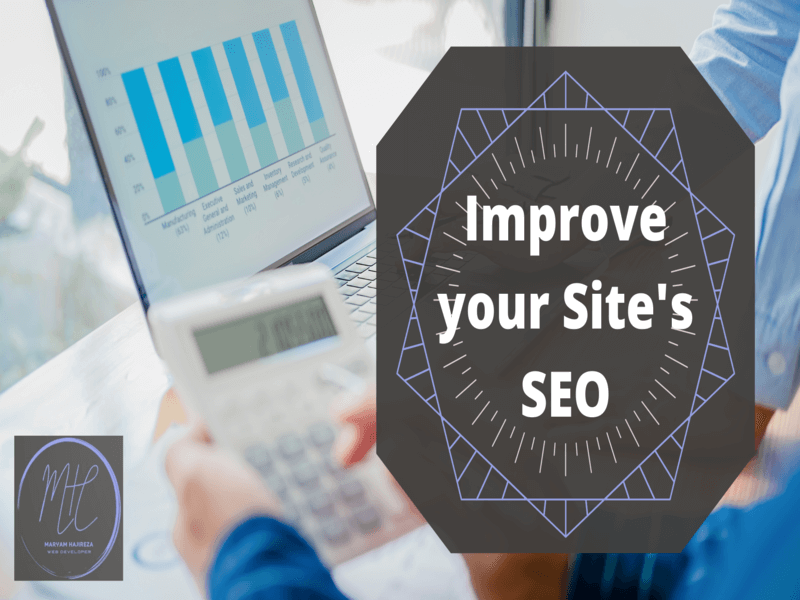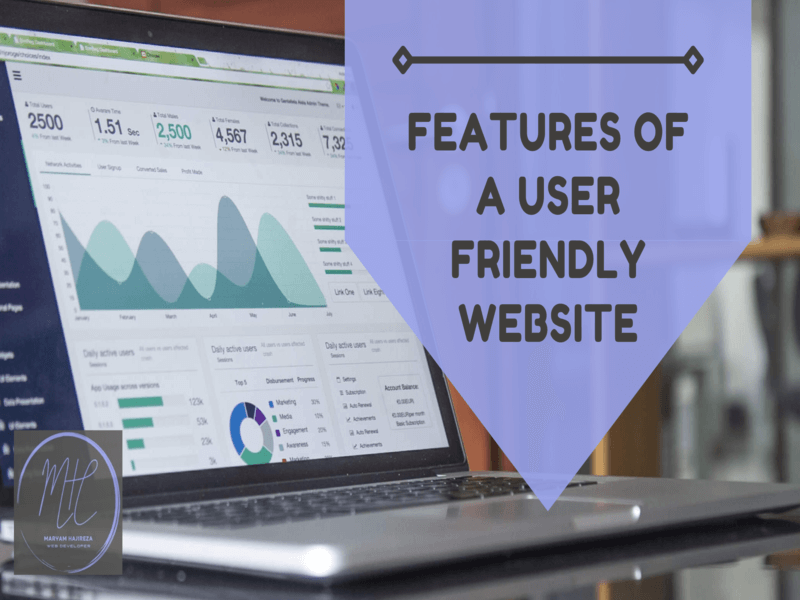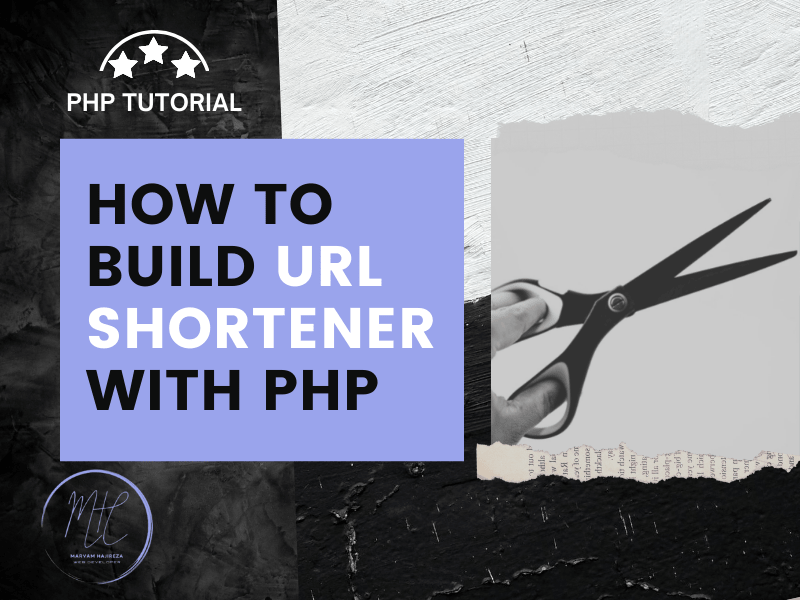
5 ways to quickly increase the site ranking
Are you looking for a quick way to improve your SEO? In this post, we will provide quick solutions to improve your site's SEO (search engine optimization). Following these suggestions will help your site to gain the top ranking of the searching engines.
1. Try to publish relevant and authoritative content
Search engines like Google are constantly evolving and trying to make things easier for users. Google's goal is to help you find the most valuable and useful information. Nowadays, it's simply pointless to just find a keyword and fill the content with it. Currently, the most important aspect for search engines is the production of relevant and authoritative content; furthermore, there is no substitute for great content that is produced with restraint. You can increase site traffic by producing content that is specifically designed for your target audience; remember that, Increasing site traffic will improve the credibility and trust of your website.
- keywords:
Choosing the right keywords and keyword phrases is one of the most important steps in optimizing a site's SEO. Increasing site traffic is a priority, but attracting the right audience is a must. Identify a specific keyword for each page of valid content. Think about what phrases your audience might search for to find that kind of content. Choosing the most effective keywords to reach your target market may be time-consuming and requires research, but rest assured that the results will be worth it.
- Several key phrases:
It is difficult to get a good ranking for several keywords used for a single page; Unless those phrases are similar and fall into the same category. For example, a page could be ranked for the keywords "medical engineering jobs" and "medical jobs", but ranking for the keywords "student affairs" and "northern lights photography" on one page is unlikely. If you want to rank for different keywords on the site, you need to produce separate content for each of them.
- keywords:
Choosing the right keywords and keyword phrases is one of the most important steps in optimizing a site's SEO. Increasing site traffic is a priority, but attracting the right audience is a must. Identify a specific keyword for each page of valid content. Think about what phrases your audience might search for to find that kind of content. Choosing the most effective keywords to reach your target market may be time-consuming and requires research, but rest assured that the results will be worth it.
- Several key phrases:
It is difficult to get a good ranking for several keywords used for a single page; Unless those phrases are similar and fall into the same category. For example, a page could be ranked for the keywords "medical engineering jobs" and "medical jobs", but ranking for the keywords "student affairs" and "northern lights photography" on one page is unlikely. If you want to rank for different keywords on the site, you need to produce separate content for each of them.
- Keyword placement:
After choosing a keyword phrase for a page, you need to answer these questions:
1. Can part or all of the keyword phrase be used in the URL?
2. Is part or all of the keyword phrase usable in the site title?
3. Can part of a keyword phrase or all of it be used in headings and subheadings?
If your answer to all of these questions is yes, it can be concluded that the selected keyword phrase can help you improve your search engine rankings. Do not forget that you can not use one word more than once in the URL or titles and headings. You need to maintain readability in your content because the readability and performance of the content still trump the efficiency of the keywords when it comes to your SEO rankings.
Content:
Do not forget that the impact of content on search engine rankings is far greater than page URLs, titles and headings. Repeat your keywords multiple times across the page. For example, once or twice in the opening and closing paragraphs and two or four more times during the remaining content. Use bold, italic, title tags (especially H1), and other emphasis tags to highlight keywords; But do not overdo it so that the content, writing and readability are not lost. Never sacrifice good writing for SEO. The best pages are written for the user, not for the search engine.
2. Try to update your content regularly
One of the site's relevancy indicators is regular content updates. Therefore, make sure that you update the content of the site regularly and with a schedule. Examine your content with a specific schedule (for example, every six months) and update it if necessary.
Blogging will be a great tool for increasing your site's ranking.
Writing additional content that uses the right keywords can help you increase your search engine rankings. Site posts can be even shorter updates on your target topics. Properly linking CMS web pages and related blog posts helps your audience better understand topics.
3. Do not underestimate the importance of metadata
Metadata tags are effective in improving site rankings. These types of tags are actually micro-communications between your site and search engines. Without the use of these tags, we will not be able to show search engines that our content and site are relevant to the targeted topics. This in turn will lower our ranking and reduces the number of our users and audience.
Almost all metadata tags are invisible to users. They are located in the head section of every web page and are used for SEO. As your site changes over time, you need to update these tags as well.
- Title Metadata
The title metadata is responsible for specifying the title that appears at the top of the browser window and search engine results; and is actually the most important metadata on your page. One of the advantages of using a well-designed content management system (CMS) is the ability to determine the value of this tag for search engines. This will allow you to use the right keywords for each page and increase the site ranking.
- Description Metadata
The description metadata is a text description that the browser may use to search your site. Look at this tag as a window display for your site, which briefly shows what is inside and persuades the audience to visit the website. A good description tag usually consists of two complete sentences. It is possible that search engines do not always use the description tag, but it is important that you allow them to do so.
- Keyword Metadata
The keyword metadata is rarely used for ranking by search engines; However, you should be aware of the keywords in your content and putting them in this tag will not hurt. Try to use 3 to 7 different key phrases, each containing 1 to 4 words. A good example would be a "web design expert".
4. Choose the right links for the website
A website that is rich in content and credible will help users find what they are looking for and will be able to use it as a resource on other sites, which will improve their SEO. Increase your credibility by adding relevant links to the content text. Write the name of the destination instead of "Click here". Using "Click Here" has no SEO value except that it only shows the attached address. Always use links that are descriptive and have keywords attached to them; Not only does this improve SEO, it also helps your audience with a disability or those who use a text reader; therefore, your credibility and value will increase.
5. Do not forget the alt tags
Always use alt tags for your videos and pictures. This will allow search engines to find your site.






